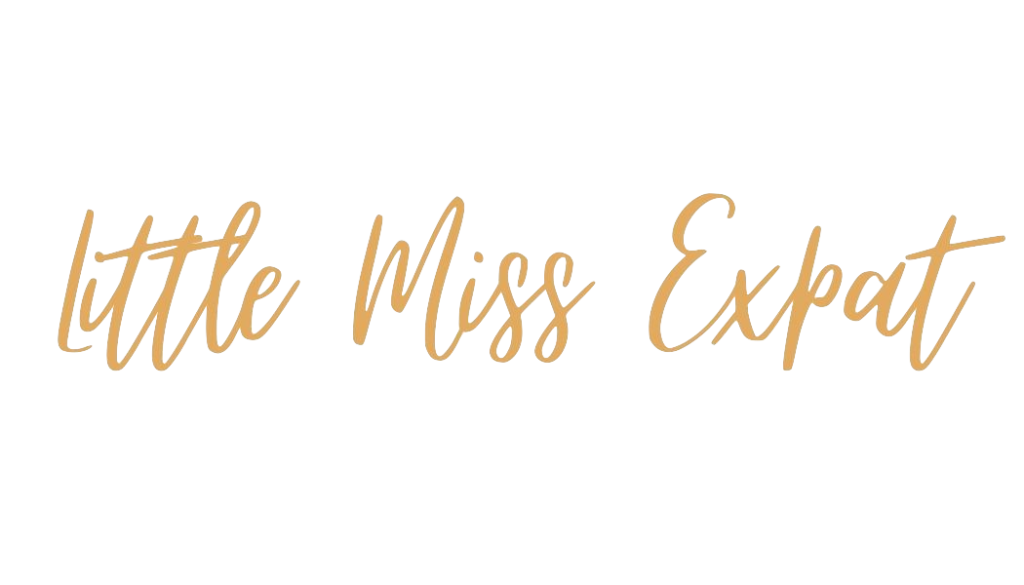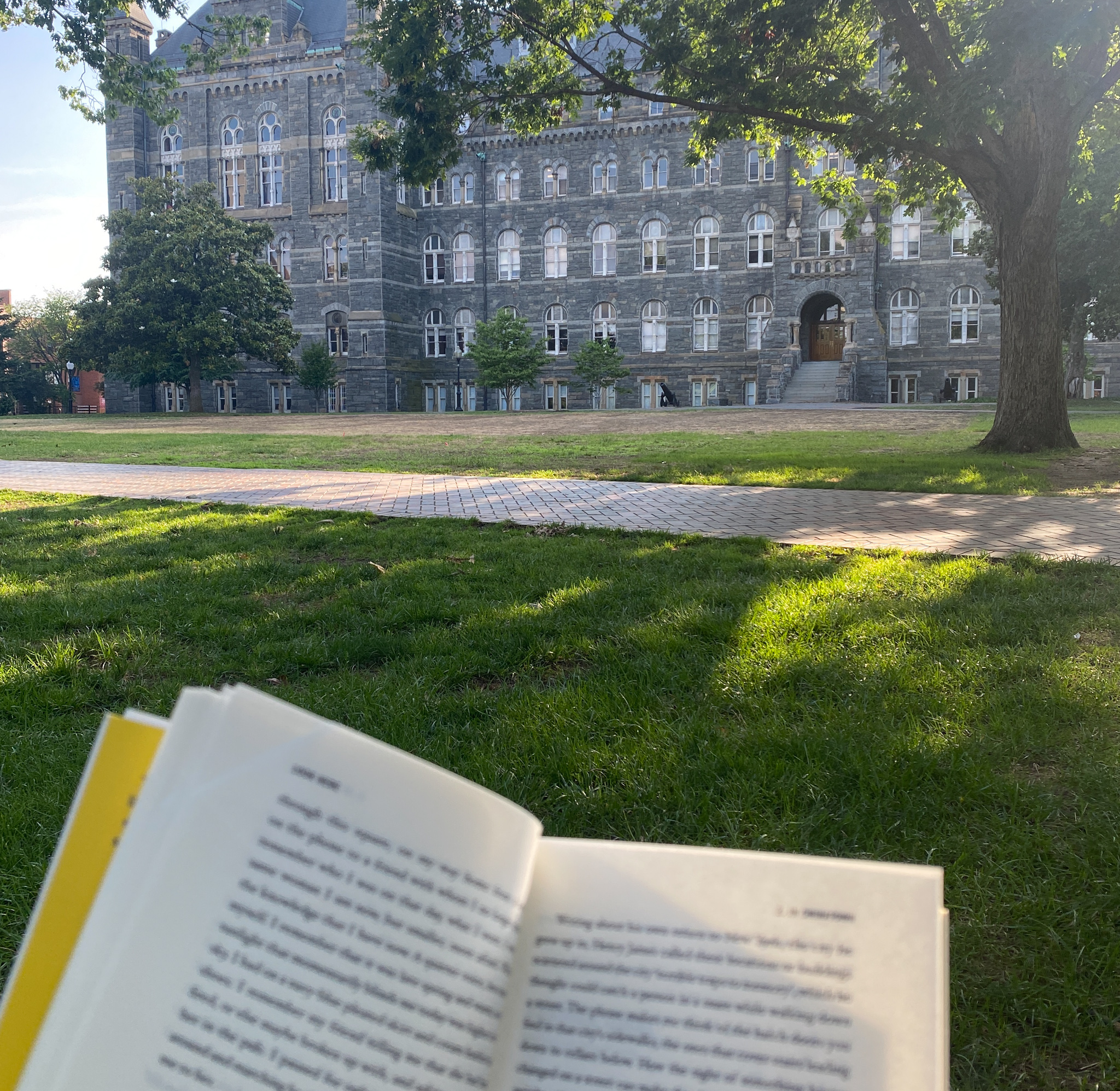When I was little I used to have an obsession with those personalised trinkets that were so popular in the 2000s – you know, those keychains that had your name with it or those little diaries that would have your name in glittery writing on the front. I would always scout every display looking for my name in the hopes of finding something that represented me, but the displays were always full of your typical British names, nothing that represented me or any of my sisters. I remember one time I did find a pink headband with my name on it – I must have looked so silly running about with a headband with my name on it in silver font, but I finally felt seen and represented in the things that mattered to me at that age.
That’s been a recurring theme throughout my life, but as I grew older I wanted to see myself represented in other areas, not just little trinkets. I grew up in an English suburb before moving to Dubai and while in England I never felt proud of my cultural identity – it was always something to be squashed to the side in the hopes of being more like everyone else. I was too young to really know much about my culture and to appreciate it for what it was and I think I was always a little embarrassed of being different to all of my teachers and most of my classmates. Even though the place I lived was pretty culturally diverse, it was a place where most people didn’t lean into their own culture and instead tried push their identities aside to be less “different” or “unique” – or at least that was my understanding of it.
When I first moved to Dubai that was my first experience in a place where people were proud of their cultures and identities. At first this was a crazy idea to me: people actually wanted to hear about where I’m from? My home traditions? My religious holidays? I was so taken aback because this was not the attitude I was used to. However, quickly I realized that I didn’t really know much about my own culture; I had always tried to brush it under the rug and be more like everyone else that I didn’t really have an appreciation for the history and background of my family. It was a weird feeling to feel embarrassed for not knowing myself well enough while others around me displayed such strong patriotism for their countries.
So, I got to know my culture better. My parents and grandparents had always surrounded us with our culture but I guess before that point I’d never really listened properly nor asked questions. I attribute a lot of this shift in my attitude to the fact that I was in a place where people wanted to see me for me and everyone else had a vested interest in seeing their identities represented. I grew to appreciate and be proud of my Tanzanian heritage; today I love explaining to people that my family is from the Muslim community in Tanzania that is a mix of South Asian, Middle Eastern, and East African descent gathered in Zanzibar and Dar Es Salaam.
It’s something that I keep learning more about and always get excited to see represented around me. I remember when I got to Georgetown I took a class on religion and I got so excited when I was reading a book that talked exactly about Tanzanian Muslims and the origins of religion in the area. I love that there’s a class offered at Georgetown that is entirely focused on literature and the histories of people with backgrounds like mine. Just the other week I was at a work dinner and it came up in conversation that someone else at the table did some work in Dar Es Salaam. Literally yesterday I went to office hours to talk to one of my professors about his economic research in Tanzania. It makes me so happy to see those little slivers of representation of my own cultural identity around me; as a child I always wanted to be like everyone else and once I finally learned about my own culture I didn’t really see it represented around me, so it makes me so happy to see that representation now.
This past month I’ve been reading a new novel (obviously a romance novel if you know anything about me) and for the first time in fiction writing I saw my own cultural identity reflected in the pages. The protagonists are Tanzanian Muslims, both who live in Toronto but one even lived in London before! It was so comforting to hear them talk about different foods which are so familiar to me and hear about the community dynamics that I grew up experiencing. For the first time I just felt like my own real experiences growing up in a family of this religion and culture were represented in the way that other backgrounds are in books, TV shows, and mainstream media. I felt seen and represented.
It was such a warm feeling seeing myself represented on the pages and just made me reflect on my whole experience first not being proud of who I was, growing to understand myself, and now feeling connected when I see my own culture represented! A true full circle moment.
Let me know in the comments if you’ve experienced something like this.
See you next week,

